What makes Coupang Data Scraping the Key to Analyzing 65% of South Korea’s Online Market Trends?
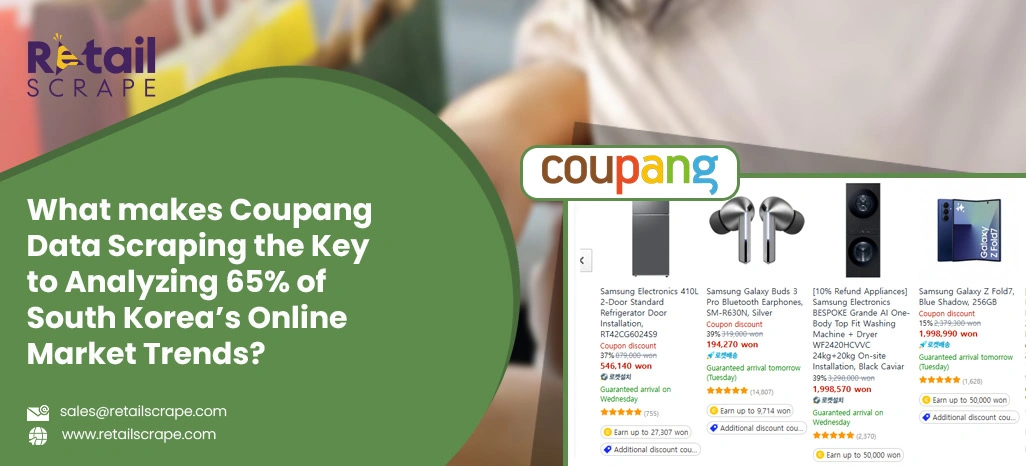
Introduction
South Korea’s e-commerce industry has witnessed an explosive rise, with Coupang holding nearly 65% of the total online retail market share. Known as the “Amazon of Korea,” Coupang has transformed digital retail experiences through its lightning-fast delivery system, advanced recommendation algorithms, and dynamic pricing strategies. However, to interpret these rapid market shifts and evolving consumer choices, businesses need more than observation—they need Coupang Product Data Scraping to extract, analyze, and interpret massive data points across categories and geographies.
Coupang Data Scraping enables companies to capture real-time metrics, from changing price indexes to demand fluctuations, that directly influence purchasing behavior. As South Korea’s e-commerce ecosystem expands, analyzing data-driven trends becomes essential for optimizing performance and identifying untapped growth zones. By integrating advanced data scraping solutions, retailers can decode product-level insights, measure competitor benchmarks, and refine pricing models based on emerging market behaviors.
With millions of transactions daily, the insights hidden within Coupang’s product catalogs and user preferences are invaluable. Understanding these signals is the cornerstone for future-ready retail intelligence, empowering brands to make confident decisions in a highly competitive marketplace.
Understanding Market Forces Through Data-Backed Retail Insights
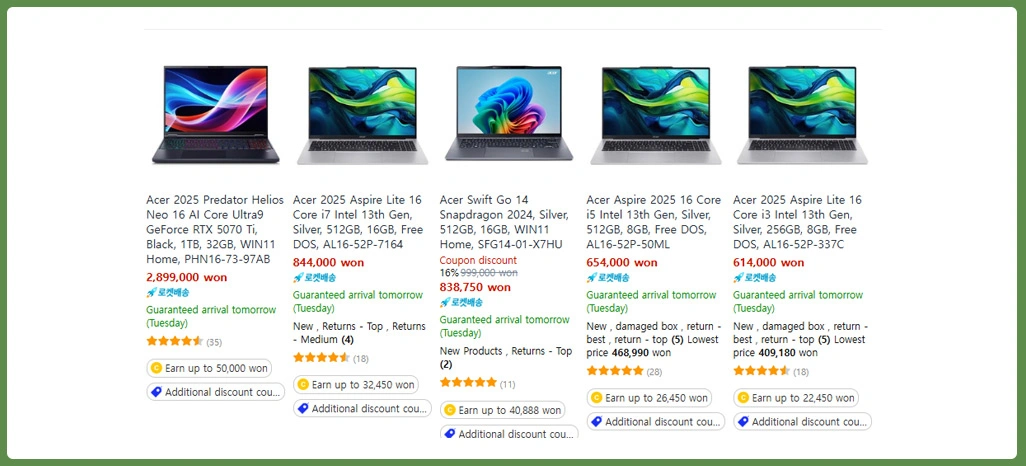
South Korea’s online commerce landscape stands as one of the most digitally advanced retail ecosystems worldwide. As market dominance shifts toward precision, real-time analytics and strategic adaptability, retailers increasingly depend on Coupang E-Commerce Data Analysis to decode these dynamics. This analytical framework allows brands to interpret how pricing, delivery, and assortment directly influence consumer engagement in a highly competitive digital sphere.
| Metric | Insight (2024) |
|---|---|
| Market Share | 65% of total online retail |
| Daily Active Users | 25+ million |
| Delivery Completion Rate | 99% within 24 hours |
| Product Categories Analyzed | Over 40 major retail segments |
Through structured datasets and algorithmic evaluation, brands can map emerging consumption habits—such as category-level spikes during national holidays or flash sales—helping them adjust strategy in real time. Insights derived from data reveal where inventory alignment and promotional timing create measurable growth.
Understanding these variables offers businesses a tactical edge, transforming static data into active market intelligence. By connecting Korean Online Marketplace Insights with evolving shopper intent, companies can better forecast upcoming retail shifts, create localized pricing strategies, and predict new consumer niches before they emerge. The analytical precision ensures that organizations can make confident business moves in an environment where timing defines success.
Analyzing Shopper Behavior to Reveal Buying Motivations

In South Korea’s digital-first economy, understanding how and why consumers purchase is crucial. Advanced analytical processes combine behavior mapping and product tracking to unveil granular shopping habits. By integrating Web Scraping for Ecommerce Analytics, brands can analyze millions of search queries, clicks, and product interactions to predict demand and improve online visibility.
| Consumer Metric | Observed Trend |
|---|---|
| Average Cart Size | $65 |
| Return Customer Rate | 73% |
| Mobile Transactions | 89% of overall traffic |
| Top-Growing Product Categories | Electronics, Beauty, and Home Goods |
Real-time insights derived from Coupang Product Price Tracking help businesses understand how slight pricing variations impact conversions. For example, a 5% discount in electronics during peak hours can lead to a 12% increase in purchase frequency. Similarly, Coupang Product Demand Analytics allows organizations to anticipate spikes during promotional cycles, ensuring adequate stock levels and timely fulfillment.
By combining these analytics streams, marketers can fine-tune campaigns to meet local expectations. The behavioral intelligence captured across digital channels reveals where customers engage most and how seasonality or regional patterns influence decisions. With data guiding every action, brands achieve higher operational efficiency while ensuring shoppers enjoy a consistent, value-driven experience.
Benchmarking Competitor Strategies for Sustainable Retail Growth
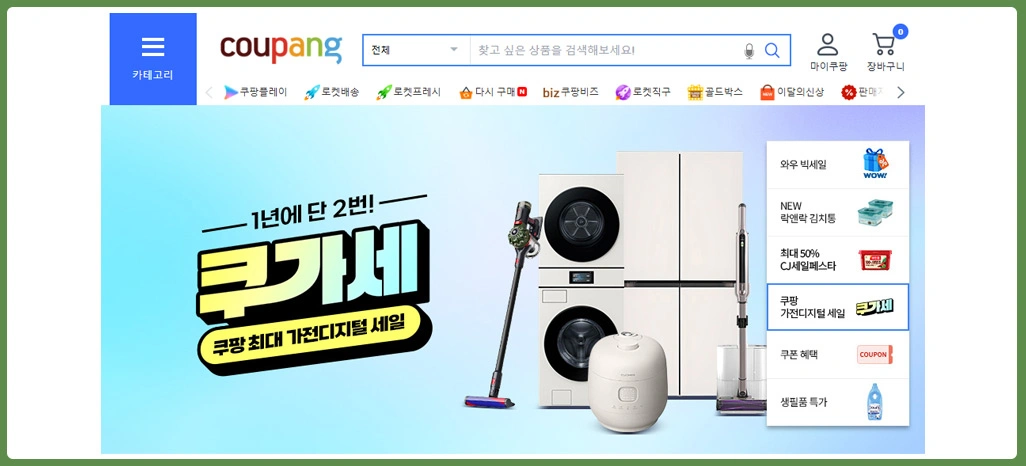
In a market as saturated as South Korea’s e-commerce environment, competitive differentiation requires more than creativity—it demands precision-backed insights. Retailers rely on Competitor Analysis Coupang to evaluate real-time benchmarks, identify pricing disparities, and assess category-level performance. These datasets enable brands to understand how competitors structure offers, refresh SKUs, and drive engagement.
| Competitive Indicator | Market Observation |
|---|---|
| Price Variation Margin | 12% average discount gap |
| Delivery Efficiency | 98% fulfilled within 24 hours |
| Campaign Frequency | Four major monthly events |
| SKU Renewal Cycle | Every 3–5 days |
Analyzing Coupang Product Demand Analytics reveals category volatility and revenue sensitivity during high-traffic events, guiding inventory adjustments and marketing alignment. Competitive mapping further supports identifying underserved niches where new entrants can gain traction.
Integrating structured metrics like sales velocity and inventory depth empowers retailers to react swiftly to market disruptions. When connected to behavioral models, such insights create a full-circle understanding of how competitors influence buyer intent. This intelligence-driven approach ensures brands maintain consistent value propositions while enhancing profitability in a highly fluid retail setting.
Building Unified Data Models for Smarter Retail Operations
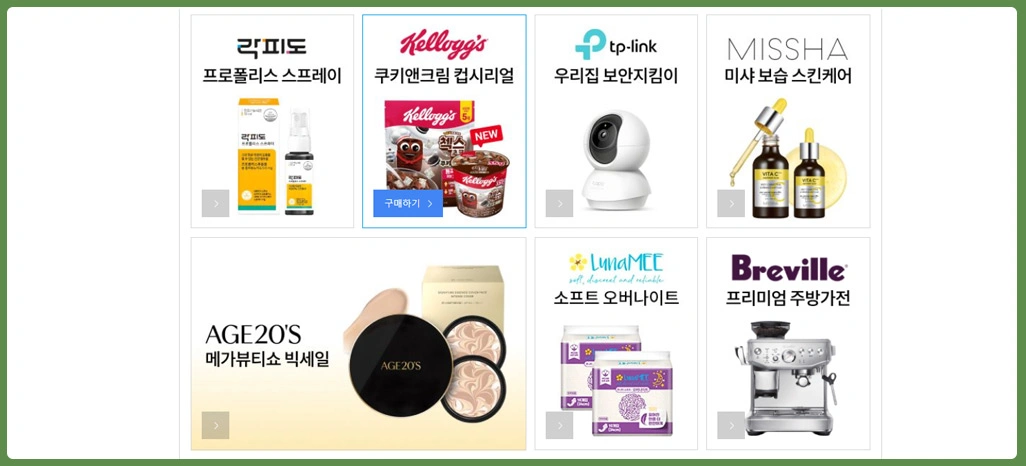
The key to maximizing business performance lies in connecting diverse datasets into a single analytical framework. Through the integration of Web Scraping E-Commerce Datasets, companies can capture every layer of pricing, review sentiment, and product interaction, transforming raw numbers into actionable insights.
| Analytical Element | Example Insight |
|---|---|
| Daily Price Fluctuation | ±8% on top 100 SKUs |
| Inventory Turnover | +15% improvement post-analysis |
| Rating Impact | +23% higher sales for 4.5+ scores |
| Market Engagement Rate | 78% across top-tier listings |
By aligning these analytics with Korean Online Marketplace Insights, businesses gain comprehensive visibility over emerging opportunities. Such data integration also exposes how customer feedback impacts category performance, enabling sellers to adjust assortment and marketing focus areas efficiently.
This cohesive data structure eliminates operational guesswork. Teams can collaborate seamlessly across pricing, marketing, and fulfillment departments, aligning strategy through a shared analytical lens. As a result, retailers establish stronger predictive capabilities and refine business decisions with measurable accuracy. Unified intelligence ensures each decision stems from reliable, real-time data, amplifying both agility and profitability.
Identifying Pricing Trends and Category-Wise Growth Patterns
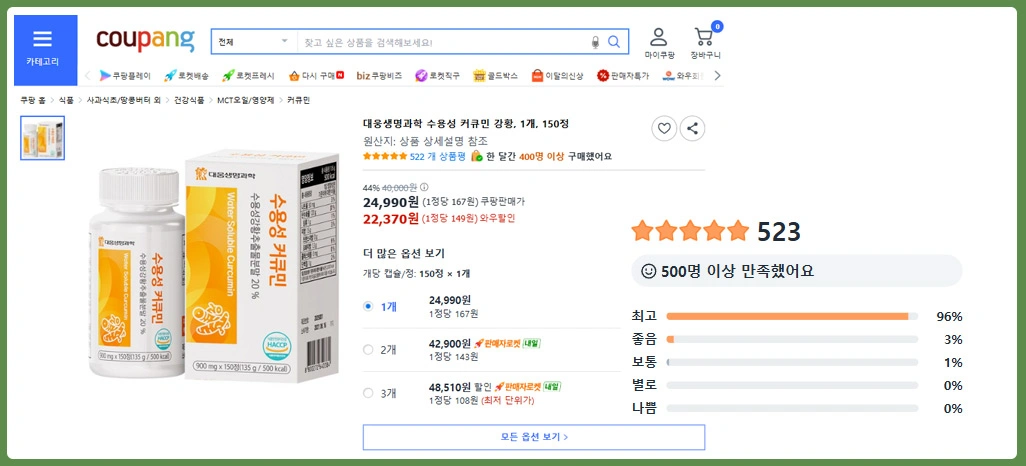
In South Korea’s fast-evolving retail landscape landscape, pricing volatility defines competitive advantage. Brands that effectively interpret and anticipate pricing fluctuations lead the marketplace. Through intelligent automation supported by E-Commerce Data Intelligence Services, companies can track shifts, measure demand correlations, and uncover new monetization paths across retail categories.
| Product Category | Average Monthly Price Shift |
|---|---|
| Electronics | 6.8% |
| Beauty & Wellness | 4.3% |
| Groceries | 3.1% |
| Apparel | 5.9% |
By evaluating Retail Pricing Trends South Korea, data analysts can identify which sectors experience consistent elasticity. For instance, electronics show strong responsiveness to promotional discounts, while apparel pricing often follows seasonal rotations. These patterns provide valuable direction for optimizing promotional calendars and refining pricing algorithms.
When cross-analyzed with Korean Online Marketplace Insights, pricing intelligence exposes not only consumer responsiveness but also hidden micro-trends that shape future buying behavior. This visibility allows marketing leaders to allocate budgets effectively, ensuring that every pricing decision contributes directly to revenue growth and brand loyalty in an increasingly competitive digital ecosystem.
Forecasting Customer Behavior and Purchase Decision Patterns
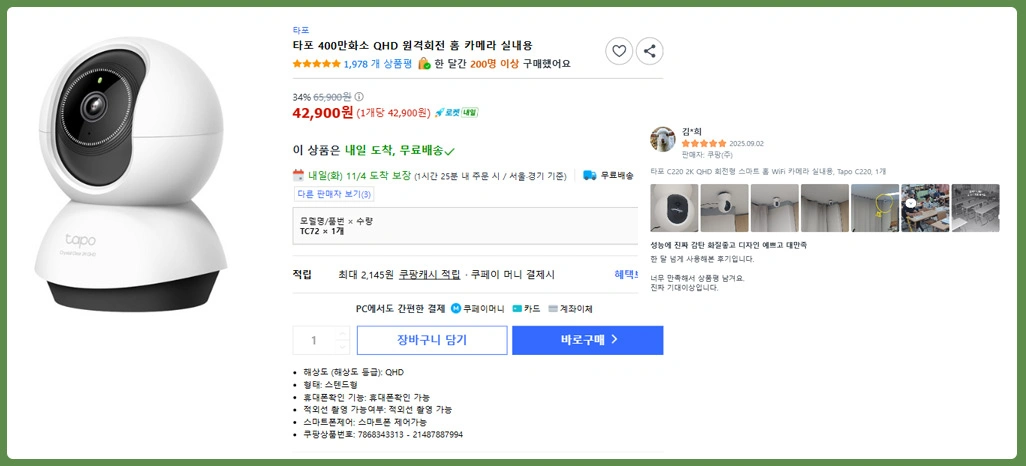
Modern e-commerce performance depends on predicting what customers will do next, not just observing what they did before. By employing advanced analytics rooted in Data Scraping for Korean Marketplaces, retailers can interpret real-time behavioral data, uncovering the precise triggers that drive purchase actions.
| Behavioral Parameter | Observed Data Insight |
|---|---|
| Add-to-Cart Frequency | 42% across major categories |
| Checkout Abandonment | 18% overall average |
| Decision Timeframe | 3.2 hours |
| Customer Retention | 67% post-purchase loyalty rate |
Understanding these touchpoints, combined with insights from Korean E-Commerce Consumer Behavior, empowers marketers to personalize recommendations and tailor engagement strategies. Predictive modeling ensures each campaign aligns with buyer intent while minimizing friction points in the journey.
Through machine learning and trend correlation, companies can enhance retention rates and optimize conversion funnels. The outcome is a system where each dataset contributes to deeper market intelligence, allowing decision-makers to act confidently. In South Korea’s technology-driven retail climate, mastering predictive analytics remains the decisive factor separating market leaders from mere participants.
How Retail Scrape Can Help You?
Retailers seeking competitive precision can rely on Coupang Data Scraping solutions from us to turn massive data sets into clear, actionable strategies. Our tailored methodologies empower businesses to gain holistic visibility over pricing, assortment, and consumer preferences across South Korea’s digital retail landscape.
Our services include:
- Automated extraction of marketplace product data.
- Dynamic tracking of multi-category pricing structures.
- Real-time analytics for trend forecasting.
- Consumer sentiment and engagement monitoring.
- Advanced visualization dashboards for insights.
- Seamless API integration for continuous data flow.
By partnering with us, organizations can turn complex web data into decision-ready intelligence, accelerating growth in evolving digital ecosystems. Our expertise supports deep market understanding aligned with Korean Online Marketplace Insights, ensuring that your business remains agile and data-confident.
Conclusion
As South Korea’s e-commerce market matures, businesses armed with Coupang Data Scraping gain the analytical foundation to decode vast retail transformations. Accurate, scalable insights into price, demand, and performance give brands the precision needed to compete and expand intelligently.
Analyzing Coupang E-Commerce Data Analysis allows retailers to evolve from reactive decision-making to proactive strategy building. Start transforming your e-commerce strategies today with Retail Scrape’s advanced data intelligence solutions—because better insights lead to better outcomes.
